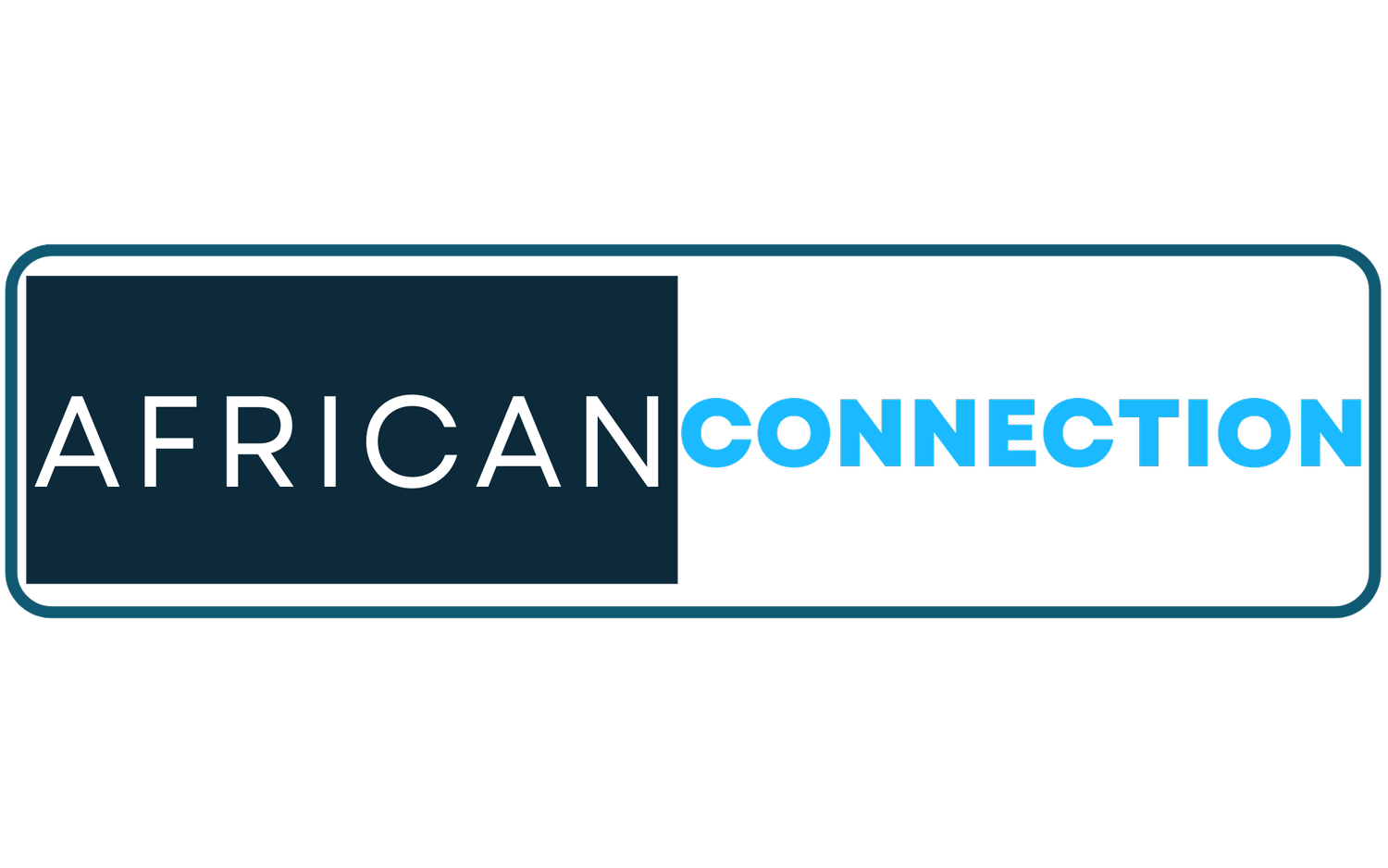Crafting an effective resume is crucial for making a positive first impression on potential employers. Let's delve into the key elements that contribute to a powerful resume:
1. Contact Information:
Your resume should start with accurate and up-to-date contact information. Include your full name, phone number, professional email address, and optionally, your LinkedIn profile or other professional social media handles. This section ensures that employers can easily reach out to you for further communication.
2. Summary or Objective Statement:
The summary or objective statement provides a brief snapshot of who you are as a professional. It should highlight your career goals, skills, and what you bring to the table. A well-crafted summary captures the employer's attention and sets the tone for the rest of the resume.
3. Education and Relevant Coursework:
Detail your educational background, including the institutions attended, degrees earned, and graduation dates. For recent graduates or those with limited work experience, emphasizing relevant coursework can showcase your skills and knowledge in a particular field.
4. Work Experience:
This section is a critical component of your resume. Include your work history with details such as job titles, dates of employment, and key responsibilities and accomplishments for each role. Use action verbs to describe your achievements and quantify results whenever possible. Tailor this section to align with the job you're applying for, emphasizing experiences that are most relevant to the position.
5. Skills and Certifications:
Highlight both technical and soft skills that are relevant to the job. This could include specific software proficiency, language proficiency, project management skills, etc. Additionally, showcase any relevant certifications you've obtained, as they can enhance your credibility and qualifications.
6. Additional Sections (Optional):
Depending on the nature of the job and your experiences, you might include extra sections like volunteer work, extracurricular activities, or professional memberships. These can demonstrate your commitment, leadership skills, and engagement beyond traditional work responsibilities.
7. Customization for Each Job Application:
Tailoring your resume for each job application is crucial. Analyze the job description, identify keywords, and adjust your resume accordingly. Highlight experiences and skills that align with the specific requirements of the position. This customization not only showcases your suitability for the role but also demonstrates your attention to detail.
Remember, a well-crafted resume is a dynamic document that evolves with your career. Regularly update it to include new experiences, skills, and achievements. By following these guidelines and incorporating practical examples, participants can understand how each resume element plays a vital role in creating a compelling and impactful document for job applications.


